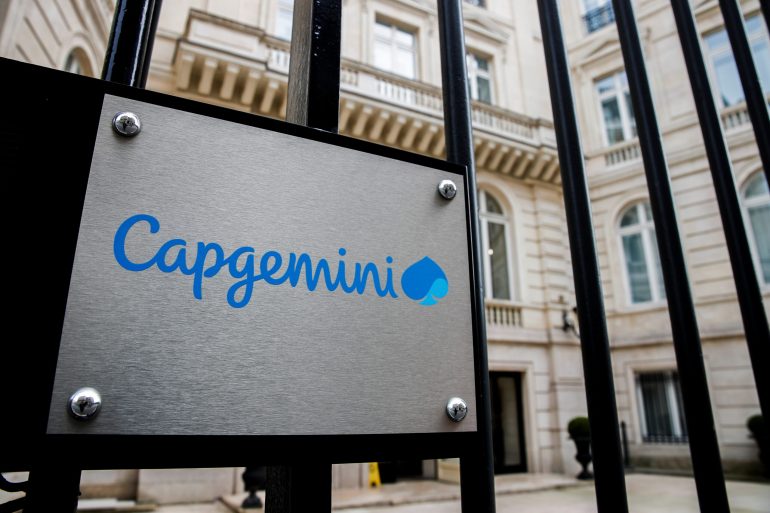- Capgemini predicts autonomous AI agents will collaborate in multi-agent systems by 2025.
- Pascal Brier, Chief Innovation Officer, sees increasing discussions and applications for these technologies.
- AI agents are designed to operate independently and manage complex workflows with minimal human intervention.
- The U.S. leads in AI agent development, while Europe is behind.
- Capgemini’s report shows 82% of surveyed companies plan to integrate AI agents within 1-3 years.
- AI agents are categorized into individual agents and multi-agent systems.
- Adoption rates are higher in larger firms and vary by industry, with aerospace and defense leading in generative AI investment.
Main AI News:
By 2025, Capgemini envisions the emergence of autonomous AI agents that will collaborate and address tasks through multi-agent AI systems. According to the technology services leader, these systems will consist of agents working in a distributed and cooperative manner to accomplish objectives.
Pascal Brier, Capgemini’s Chief Innovation Officer, revealed in a CNBC interview that companies are already exploring these advanced agent technologies. He anticipates that next year will see a significant increase in applications leveraging multiple autonomous agents.
Capgemini describes AI agents as sophisticated technologies designed to operate independently, strategize, reflect, pursue higher-level goals, and execute complex workflows with minimal direct human intervention. In essence, these agents will manage tasks behind the scenes.
The U.S. is ahead in developing this technology, with Europe lagging, Brier noted. A recent Capgemini report, “Harnessing the Value of Generative AI,” highlights that 82% of surveyed companies intend to integrate AI agents within one to three years, while only 7% have no plans for such integration. The report surveyed over 1,100 companies with annual revenues exceeding $1 billion.
Brier differentiated between individual agents performing specific tasks and multi-agent systems where “agents talk to agents.” For instance, a marketing AI agent designing an ad campaign for Germany could work autonomously with another agent in the legal department to ensure compliance.
Unlike traditional AI systems that merely execute commands, these agents can interpret, adapt, and act independently, potentially replacing human roles in certain tasks. Brier compared the current advancements to the “V1” wave of AI in 2022, which focused on understanding prompts and large language models.
Capgemini predicts that 71% of organizations will utilize AI agents to enhance automation, and 64% expect these agents to take over repetitive tasks, enabling employees to focus on value-added activities, such as improving customer experience.
Despite progress, many businesses remain in the experimental phase with AI, struggling to monetize the technology. Industry leaders like OpenAI are investing heavily in developing GPT models and ChatGPT, while grappling with issues such as AI “hallucinations”—inaccurate outputs generated by these systems due to their predictive nature.
The report also reveals a surge in generative AI adoption, with a fourfold increase in organizations integrating the technology from 6% in 2023 to 24% this year. However, larger firms are leading this trend, with 49% of companies earning over $20 billion annually implementing generative AI, compared to 10% of those earning between $1 billion and $5 billion. Adoption varies by industry, with aerospace and defense seeing an 88% adoption rate, while retail lags at 66%.
Conclusion:
The projected rise of collaborative autonomous AI agents signifies a transformative shift in business operations and technology. As organizations prepare for widespread integration of these systems, particularly in larger enterprises, there is a notable emphasis on enhancing automation and reducing repetitive tasks. This trend highlights a growing market focus on efficiency and advanced AI capabilities. Smaller firms and certain industries may lag behind, indicating potential opportunities for growth and innovation. The increasing adoption of generative AI further underscores the expanding role of AI in driving business performance and competitive advantage.

